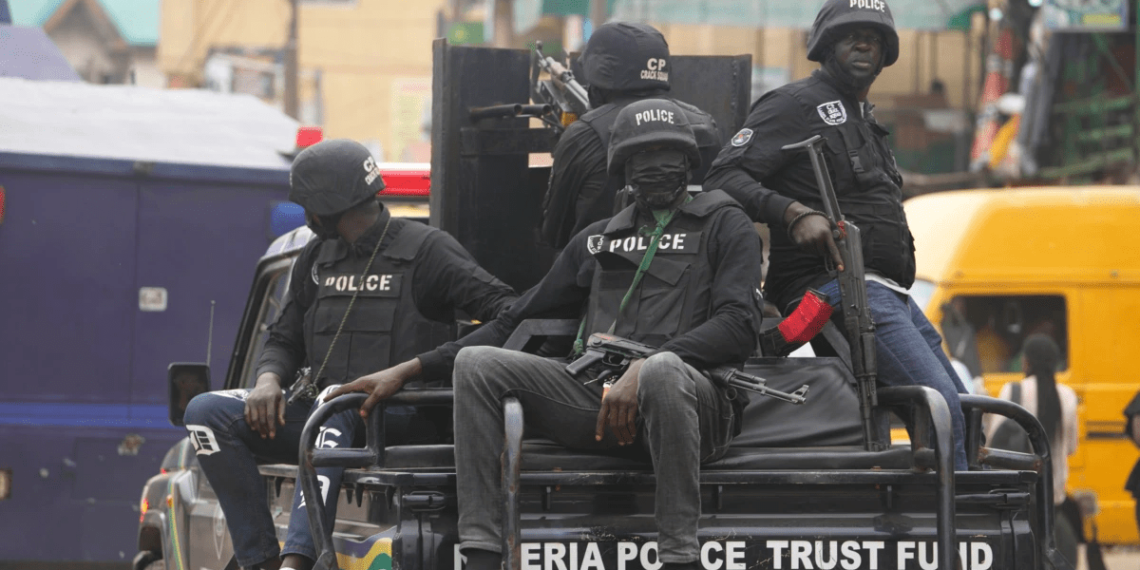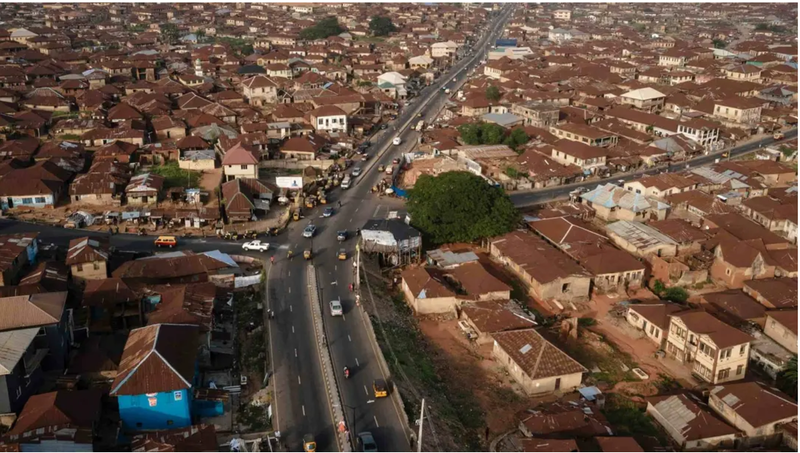Nigeria: Suspected Rebels Kill 8 Police Officers Ahead of Election
At least eight police officers have reportedly been killed in separate attacks in recent days by suspected separatist rebels in southeastern Nigeria — less than a week before the upcoming presidential elections....

0:00
/0:00
Facts
- At least eight police officers have reportedly been killed in separate attacks in recent days by suspected separatist rebels in southeastern Nigeria — less than a week before the upcoming presidential elections.1
- Local police sources said that four officers were killed on Monday in an attack on a police station in the southeastern Anambra state, and four others over the weekend when assailants opened fire on the officers and detonated explosive devices.2
- Police blamed the killings on a separatist group called the Indigenous People of Biafra, along with its militant wing, the Eastern Security Network. However, the group has repeatedly denied any involvement in recent deadly attacks in the West African country.3
- Meanwhile, Anambra State Police claimed that three suspected members of these groups were killed and two suspects were arrested in a combined police and military operation.4
- Nigeria faces numerous security threats nationwide, and the recent surge in deadly violence comes as more than 90M Nigerians are set to elect a successor to Pres. Muhammadu Buhari, who is not running again after two terms in office.5
- On Monday, the Nigerian Electoral Commission announced that voting will not be held at 240 polling stations in 28 states due to a lack of registered voters caused by insecurity.6
Sources: 1Al Jazeera, 2Associated Press, 3Premium times nigeria, 4Sahara reporters, 5Trtworld and 6Voa.
Narratives
- Narrative A, as provided by Dw.com. In addition to the uptick in election-related violence, Nigeria has been ravaged by Boko Haram and a wave of kidnappings. But the problem goes deeper — poverty is driving young people into the arms of separatists and local gangs, with corrupt politicians fueling the violence for their own benefit. Until those in power address the problem of unemployment and hopelessness, elections will not bring peace to Nigeria.
- Narrative B, as provided by Ipi global observatory. Nigeria should not be characterized by simplistic notions of election violence and widespread insecurity. Since it emerged from a military dictatorship in 1999, it has become a vibrant democracy on the international stage. Moreover, electoral reforms during Buhari's second term have increased public confidence in the electoral process, and it is also a good sign that the polls will not be based on religious criteria. If Nigeria continues on the path of democracy, it has a chance of overcoming violence.






